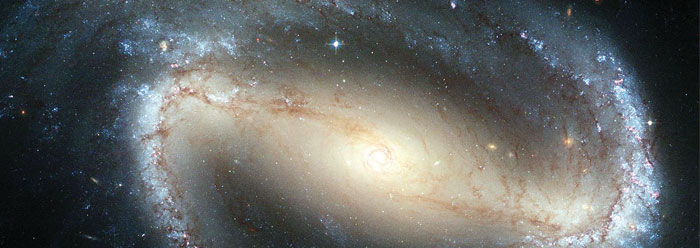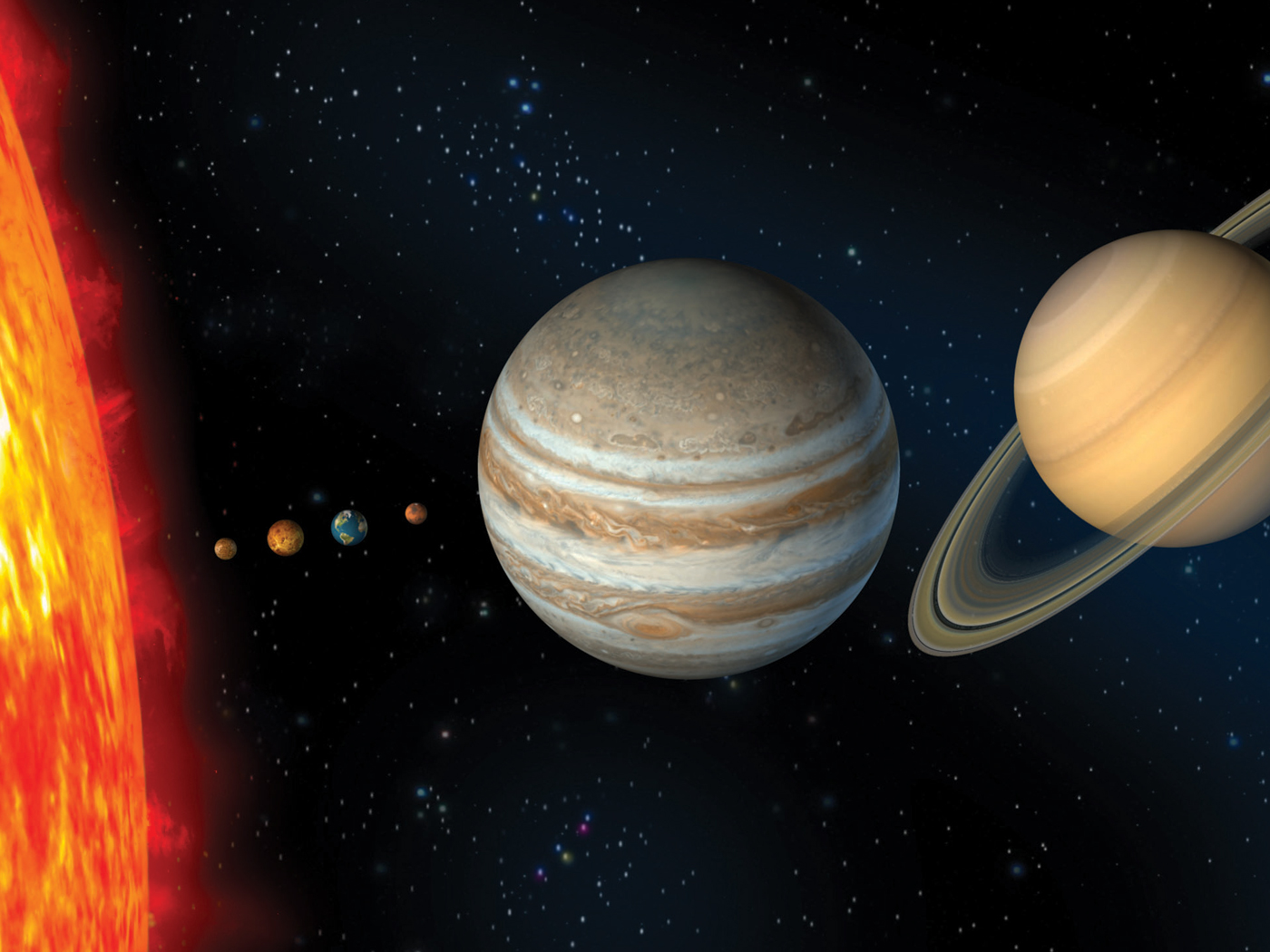
Well-Engineered Ecosystems Bounce Back
How fast can a disaster zone bounce back? Apparently, faster than previously thought. Yale University ecologists conducted a meta-analysis of 240 studies of devastated ecosystems. They found that ecosystems damaged by pollution can be restored in as few as 10 years. Why then was it believed they would take so much longer to recover?

Astronomers Speak: Our Solar System Is "Special"
New research is shedding surprising light on the uniqueness of our solar system. Over 250 planet-like objects (mostly gas giants) have been observed in distant space, and researchers are curious about how they formed and how they compare with earth and its neighboring planets.
The Earth: Unique in All the Universe (Updated)
The following article was originally published as an Impact article in the June 1985 Acts & Facts. Dr. Bergman provides the following update based on what is currently known about the earth and the universe, as of February 2008. To see the previous article, click here.

Nebulous Hypotheses
"Glittering generalities"--a phrase describing grand, panoramic scenarios that sweep difficulties under the rug--appropriately describes theories of planetary evolution. They're not as simple as "add dust, stir, and wait." I remember a planetary science professor years ago admitting that planetary evolution models usually hit a snag where a miracle is needed to continue.

Earth: A Special Place
Secularists like to consider earth as just one of many millions of planets, occupying an obscure place in an insignificant galaxy in a sea of nothingness. Conversely, the Bible teaches that earth is very special to the Creator, performing a crucial role in the universe today, and prepared for an unending role in the cosmic saga.










